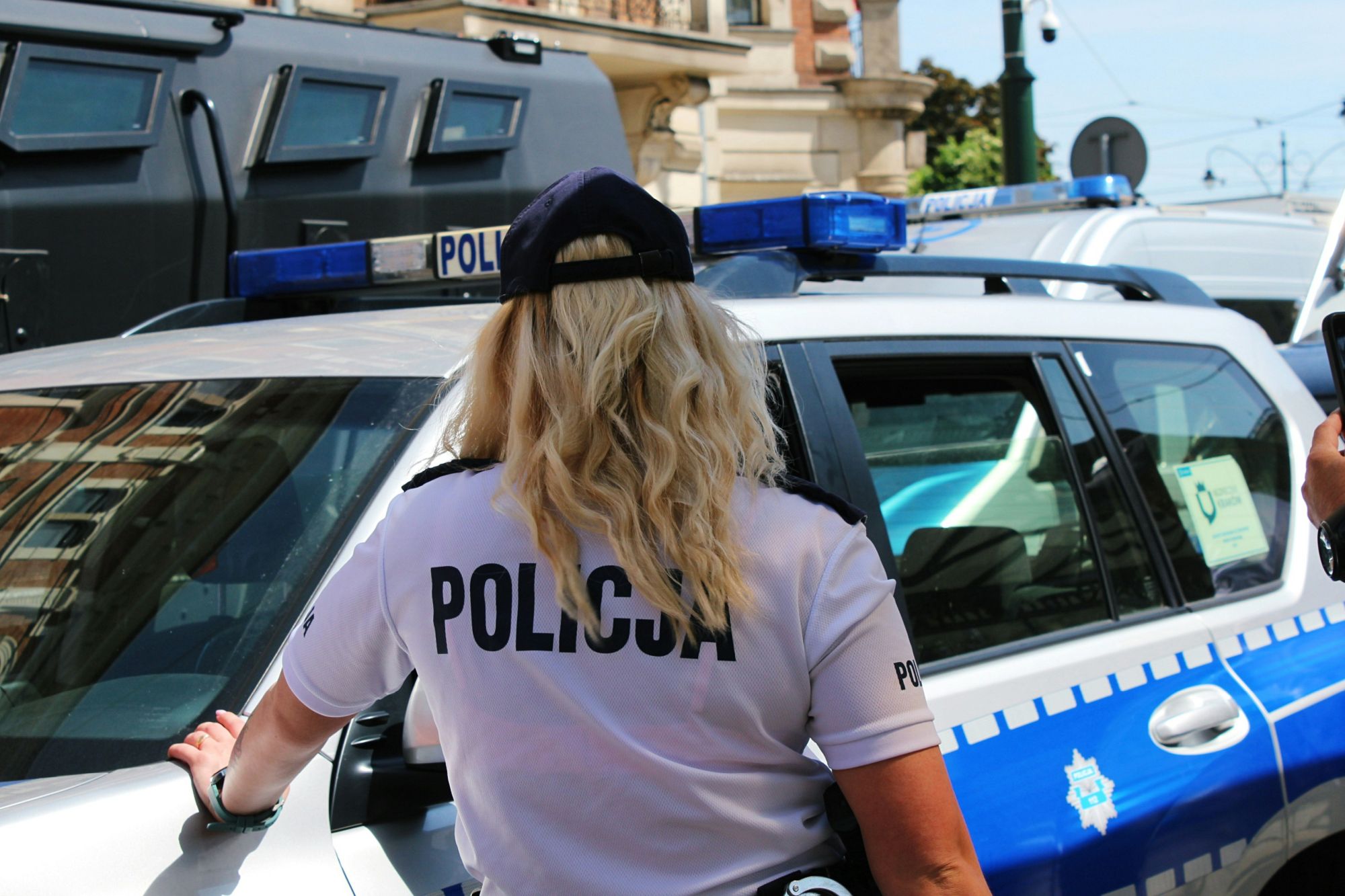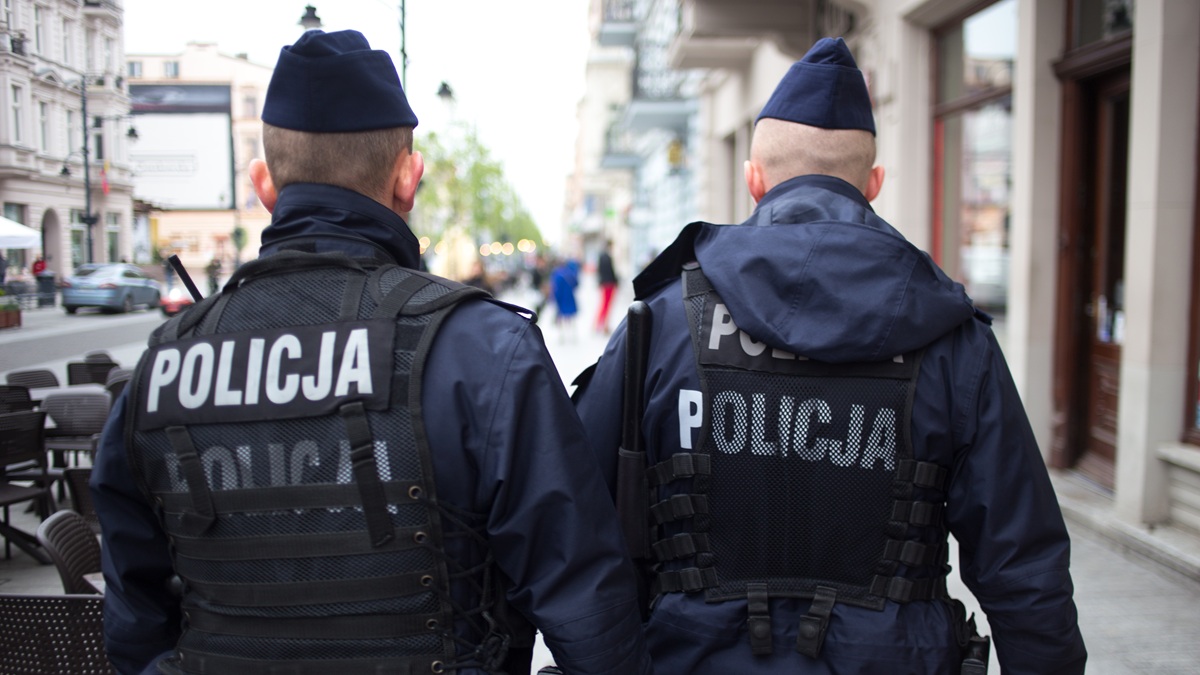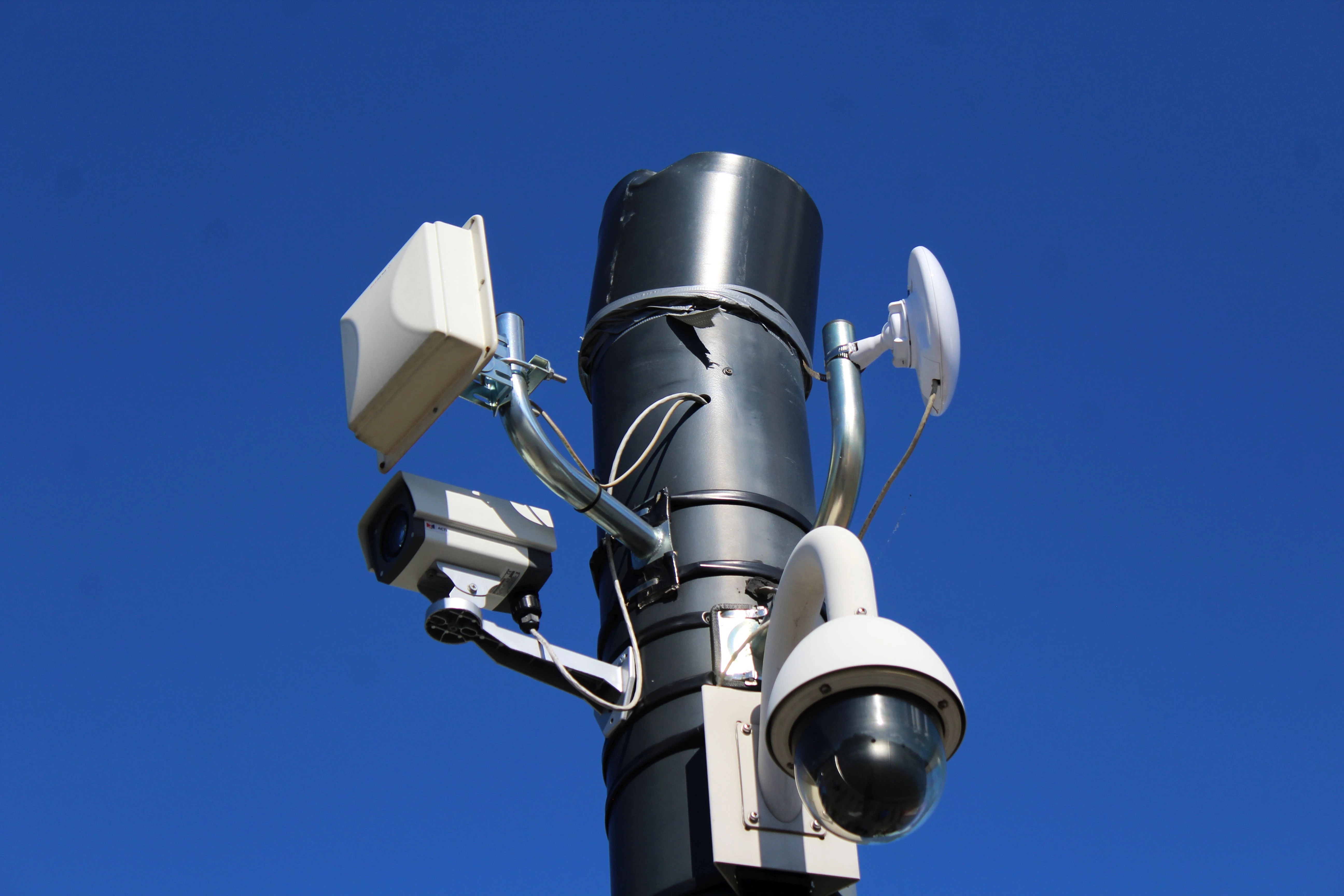BrewDog beers have been dropped from around 1,860 pubs across the UK in the last two years. The Scottish craft brewery also announced the closure of 10 of its branded bars last month, including its flagship Aberdeen site, citing "ongoing industry challenges" such as rising costs.
Chief operating officer Lauren Carroll said: "We saw the trend coming, which is why we've shifted focus to high-impact channels like festivals, stadiums, and the independent free trade." She described recent collaborations at Lord's Cricket Ground and the London Stadium as showing the company's ambition to be the "world's most exciting beer business".
The brewery has moved away from traditional pub distribution towards what it calls "high-impact channels". This strategic shift comes as BrewDog faces mounting economic pressures across the hospitality sector.
Financial struggles intensify
According to WalesOnline, BrewDog recorded losses of £59 million in 2023 and £30.5 million in 2022, with the current CEO expecting continued losses this year. The company now relies heavily on JD Wetherspoon's 794 pubs for a significant chunk of its remaining distribution network.
WalesOnline reports that pubs are increasingly choosing rival brands like Camden Town and Beavertown over BrewDog products. This competitive pressure has contributed to the dramatic reduction in the company's pub presence.
History of bold stunts
BrewDog has faced numerous controversies since its 2007 founding by James Watt and Martin Dickie. The company once described itself as a "post-punk, apocalyptic, motherf***** of a craft brewery" and built its reputation on rebellious marketing campaigns.
These included driving a tank down Camden High Street in 2011 and selling beer in taxidermy stoats and squirrels. In 2016, the brewery raised more than £19 million through crowd-funding by sending high-tier investors bottles wrapped in roadkill taxidermy.
One promotion backfired when BrewDog claimed 10 solid gold cans worth £15,000 each were hidden in beer cases. Winners discovered the tins were gold-plated brass worth just £500, leading to advertising watchdog intervention and Watt paying winners from his own pocket.
Workplace culture crisis
In 2021, 61 former employees signed a letter alleging a "culture of fear" at the company. They accused the business of being "built on a cult of personality" and using "lies, hypocrisy and deceit" as tools, with staff suffering mental health issues.
Watt apologised and promised to take action, describing the open letter as "upsetting, but so important." He said his focus was to "listen, learn and act" rather than contest the claims.
Leadership upheaval
James Watt stepped down as CEO in May 2024 after 17 years, handing over to James Arrow. Arrow then stepped down in March this year due to "personal reasons", with James Taylor now leading the company.
The company also dropped out of the real living wage scheme in 2024, a move the Unite union called "outrageous" during a cost of living crisis. BrewDog said the decision was necessary to return to profitability.
Sources used: "PA Media", "WalesOnline" Note: This article has been edited with the help of Artificial Intelligence.









